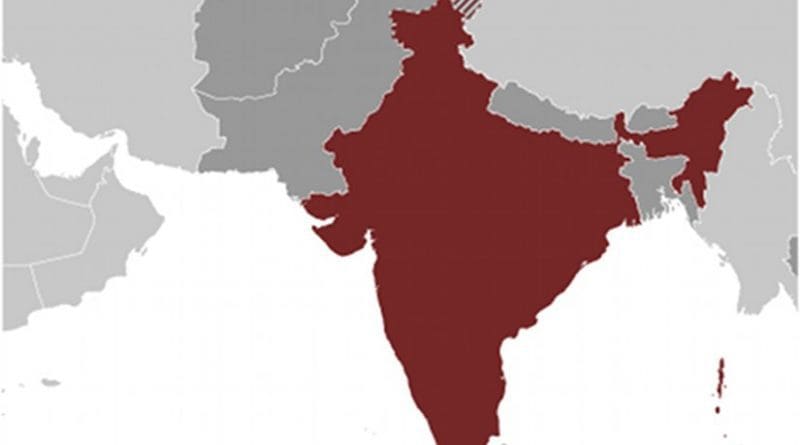Spain’s Indra Makes Further Inroads In India’s Transport Sector
Spanish IT company Indra has made further inroads into the Indian transport market, having been awarded a contract worth 4.5 million euros to deploy its contactless ticketing technology at 14 new stations on the Delhi and Noida Metro system. This also sees it further strengthen relations with the Delhi Metro Rail Corporation (DMRC), a public company that is involved in the design planning and running of other major Metro, monorail in the country.
The project encompasses the design, development, supply, installation and commissioning of all technology used for access control, validation, ticket sales and card top-ups at the six new stations on the blue line between Noida City Centre and Electronic City, in the south east area of New Delhi, which has developed into a major economic hub for the mega-city; as well as at eight new stations on the stretch between Dilshad Garden and New Bus Adda Corridor on the red line, the oldest service that runs east to west across the city.
Indra will update the ticketing systems already in place in the Delhi Metro to include its technology based on smart contactless cards and tokens, and will modernize the current control center to encompass the new stations and new services, including payments via cell phone SMS messaging, with the possibility of incorporating payments via NFC or QR technology in future.
Passengers will also be able to top-up their contactless cards or buy electronic tokens for single journeys at any of the 14 new stations, either using the automatic dispensing machines or at the customer service/ticket offices at each station. Meanwhile, access control systems will allow users to validate their cards by simply passing them over the scanner.
According to Indra, the company is set to improve the services provided to the public, making it easier and faster to access the Metro, through contactless technology and reversible steps, which can cater to different levels of demand at different times of day. Furthermore, the new system will allow shared fare management with other operators, thus opening the possibility of commuters making combined use of various modes of transport, while using different fares to cater to the needs of different users, and allowing discount fares for seniors, students, etc. Additionally, the system generates major value in terms of data, helping to optimize decision-making based on demand information at specific stations and during certain time periods.

